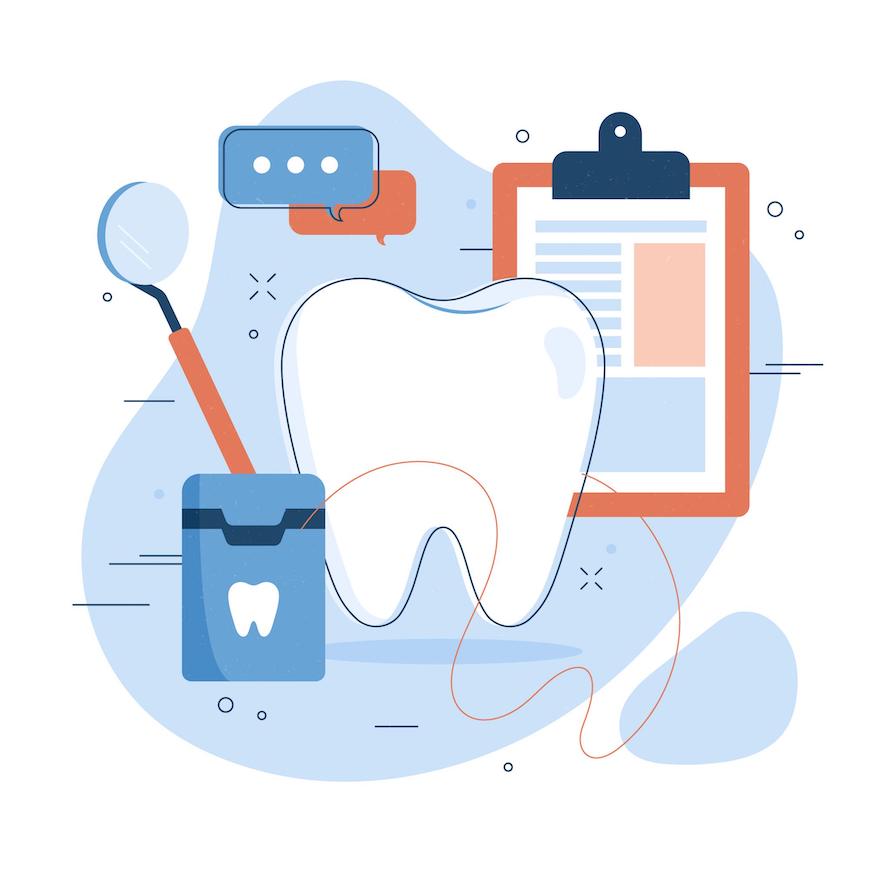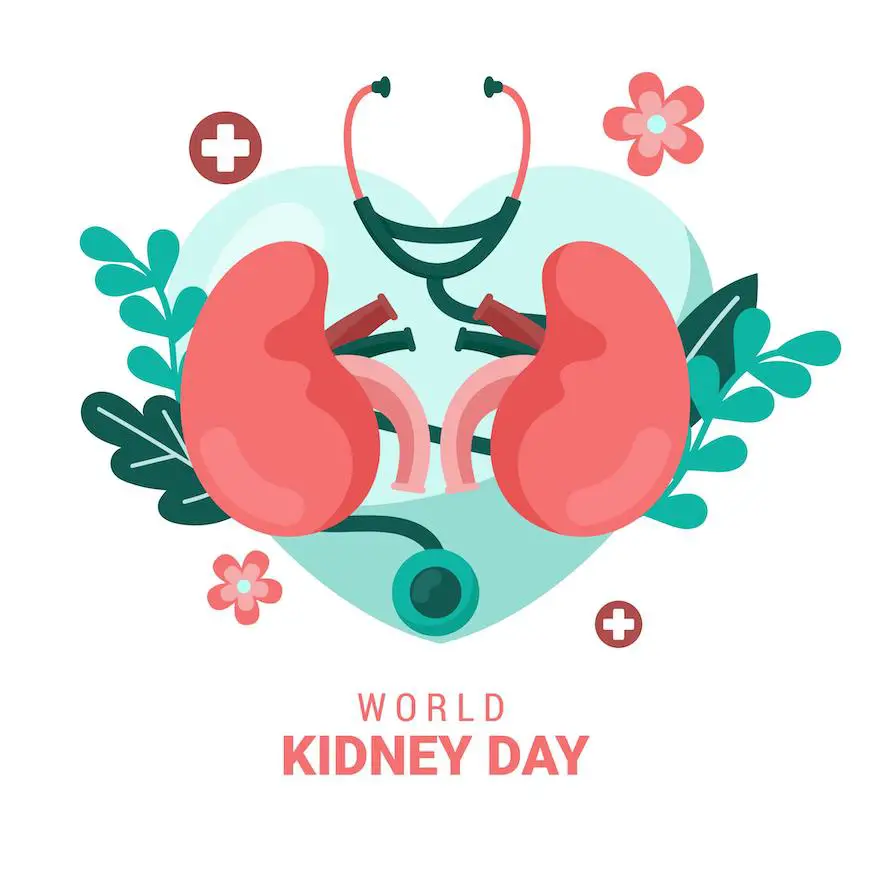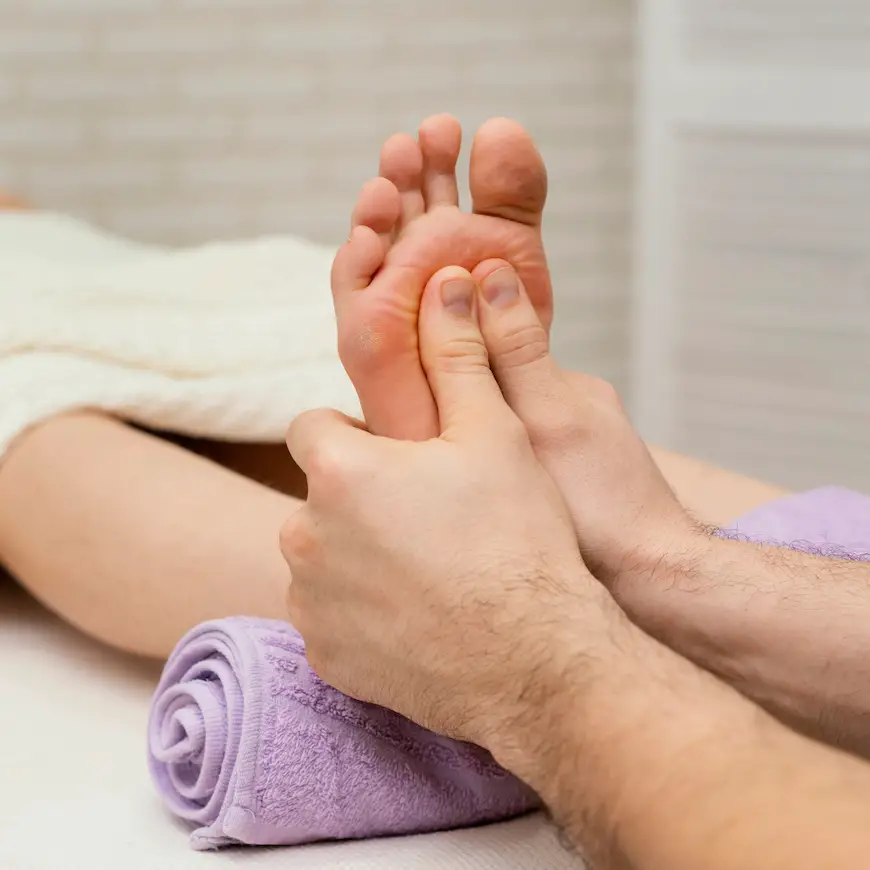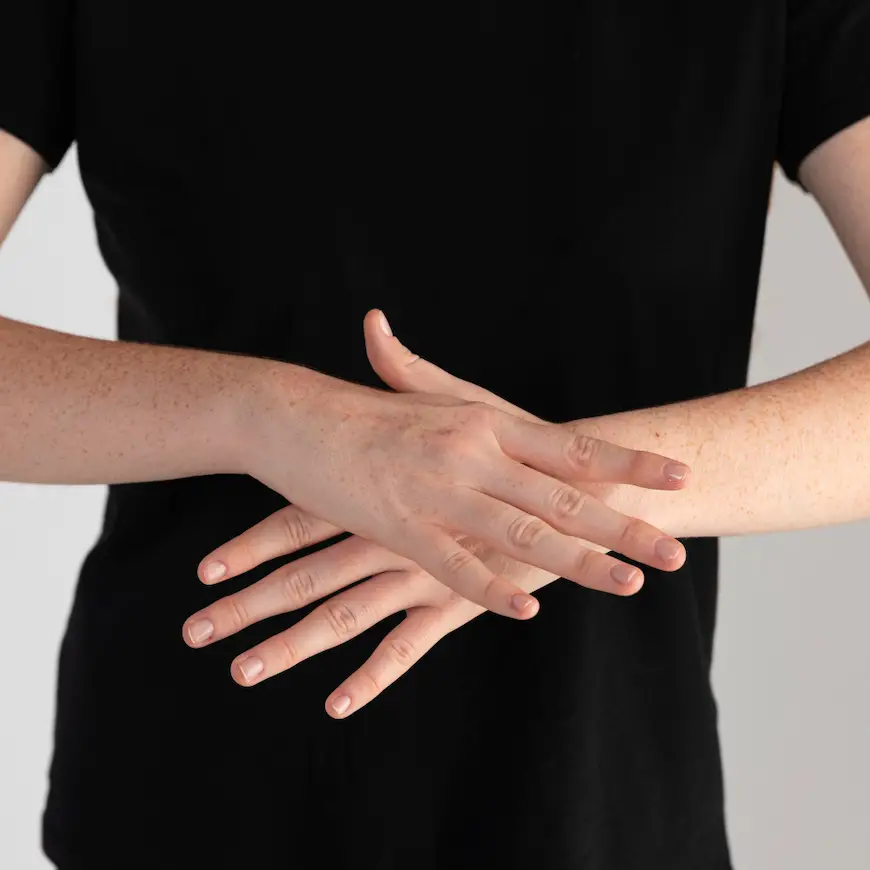About 3.5 billion people have tooth decay. We can make everyday mistakes related to proper dental care without even knowing it. But these lead to dental disease and loss of money.
We’re here to help you improve your oral health by explaining good oral care habits, and also sharing some of the most common things people do that have a negative impact on their teeth and gums.
Bad Oral Care Habits: Using the wrong brush – 1
One of the most common mistakes people make is using the wrong toothbrush. Anything more than a soft bristle brush is too harsh.
Although many people think they need a stiff-bristled brush to really clean their teeth, soft-bristle brushes actually do a much better job and can clean around and below the gum line where hard bristles cannot. reach. Hard bristles are also abrasive and can wear down your enamel or damage your soft gum tissue.
You can fix this dental error by looking for the American Dental Association (ADA) seal of approval on your toothbrush before you buy it, making sure it’s helpful and not harmful. Always choose a soft one that can bend under your gums.
Bad Oral Care Habits: Ignoring a bad smell coming from your mouth – 2
Bad breath can be embarrassing and in some cases can even cause anxiety. No wonder store shelves are filled with gum, mints, mouthwash, and other products designed to fight bad breath. But many of these products are only temporary remedies because they do not address the cause of the problem.
Certain foods, health conditions, and habits are among the causes of bad breath that can be caused by poor hygiene or gum disease. Sometimes we don’t notice an unpleasant smell on our own, but the people we talk to can smell it.
there is an easy way to check:
Lick the inside of your wrist, wait 5-10 seconds, and feel your wrist. You can also dab the back of your tongue with your finger or a cotton pad. Try not to go too far or trigger your gag reflex.
In many cases, you can improve bad breath with regular oral hygiene.
If simple self-care techniques don’t fix the problem, see your dentist or doctor to make sure a more serious condition isn’t causing your bad breath.
Bad Oral Care Habits: Not brushing your teeth long enough – 3
While everyone knows that you must brush your teeth at least twice a day, most of us don’t brush long enough. Putting a toothbrush in your mouth and moving it for 30 seconds won’t clean your teeth or scrape plaque off your gums, this can cause tooth decay and other dental problems.
Every time you brush your teeth, you should do so for at least two minutes, and spend at least 30 seconds on each of the 4 quadrants of the mouth. It’s basically 2 minutes for the whole mouth even if you’re in a hurry. Your oral health is not worth the trade-off.
Instead of guessing the two-minute mark and missing out, grab your cell phone and turn on your favorite song. Most songs that play on the radio are about 2-3 minutes long, and when the song is over, you’ve brushed your teeth.
Bad Oral Care Habits: Drinking water after brushing your teeth – 4
Well, of course, you will eat and drink after brushing your teeth in the morning. But the important thing is that your toothbrush flavor is the last taste of the day. Even drinking tea right before bed can negatively affect your teeth.
Of course, the best way to protect your teeth is by brushing them. You can clean plaque build-up and food particles together! This prevents the accumulation of bacteria that cause bad breath and even tooth decay. Brushing your teeth several times a day (yes) means that sooner or later you have to eat after brushing. When you can, lean in later rather than earlier. Eating too soon after brushing can weaken tooth enamel and cause problems later in life.
Read also: Fruits and Vegetables That Keep You Hydrated
Bad Oral Care Habits: Brushing too hard – 5
When it comes to polishing your teeth, you can scrub them hard. Unfortunately, doing this can only damage your enamel and make your teeth sensitive. It’s also important to choose the right toothbrush for you. It is best to consult your dentist.
One of the most common mistakes people make is using the wrong toothbrush. Anything more than a soft bristle brush is too harsh.
Although many people think they need a stiff-bristled brush to really clean their teeth, soft-bristle brushes actually do a much better job and can clean around and below the gum line where hard bristles cannot. reach. Hard bristles are also abrasive and can wear down your enamel or damage your soft gum tissue.
You can fix this dental error by looking for the American Dental Association (ADA) seal of approval on your toothbrush before you buy it, making sure it’s helpful and not harmful. Always choose a soft one that can bend under your gums.
Read also: 7 Bad Bathroom Habits We Need to Avoid
Bad Oral Care Habits: Skipping your dental appointment – 6
Many people dislike going to the dentist, with around 100 million people not getting their teeth cleaned even once a year. They mistakenly believe that every visit is a painful procedure.
But the reality is that the more you go to the dentist, the less important dental work you need. Routine dental exams and cleanings allow us to clean hard-to-reach places below your gum line and check your teeth for problems.
And when you catch dental problems early, treatment is often easy. When problems become serious, solving them becomes more complicated.
You can schedule a routine check-up and cleaning every six months and take a dental X-ray once a year. While that may seem like a lot, in the long run, it’s much easier, less painful, and a lot cheaper than waiting for something to go wrong.
Read also: 11 Ways to Keep Your Teeth Healthy
It takes about three weeks to learn a new habit. Include a change to your brushing routine each week. You will notice that your mouth is fresher. Regular visits to the dentist and avoiding these brushing mistakes will ensure long-term gum protection.
Dr. Julian Miles is a board-certified general medicine physician with over a decade of experience in delivering comprehensive care to individuals of all ages. With a focus on preventive medicine, holistic wellness, and chronic disease management.









Pingback: See 15 Best Fruits and Vegetables That Keep You Hydrated
Pingback: 6 Kidney Problems Signs: Signs That Your Kidneys Aren’t Working Properly - Welcome to lifestylemine